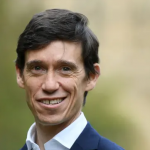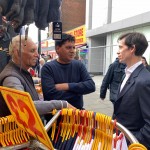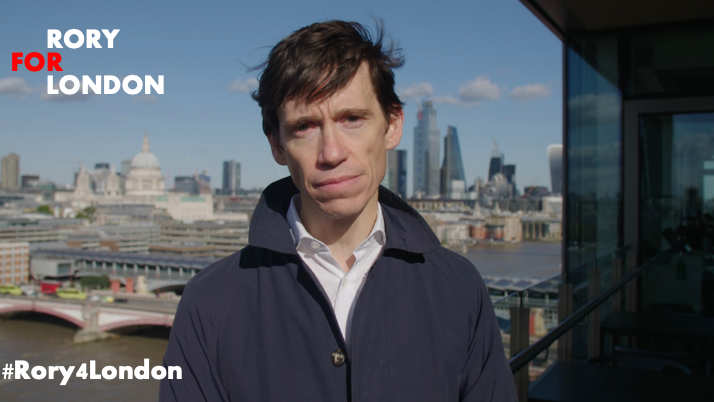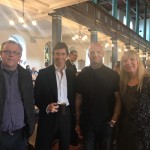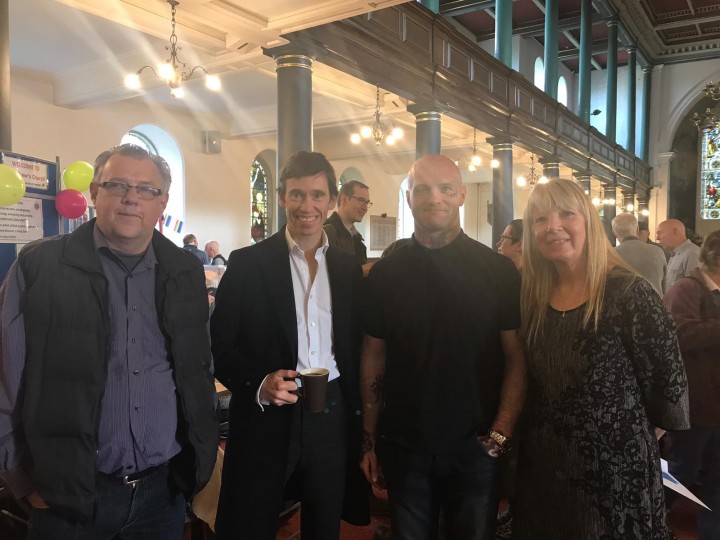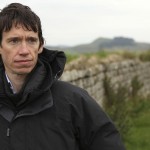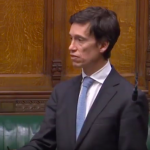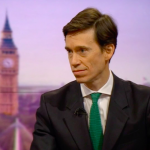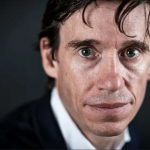‘I hope I got out of the Tory party before it was too late’
Article first published in The Observer on 6 October 2019.
I’m still not sure whether I left the Conservative party, or whether it left me. But I am so relieved that I don’t have to pretend to be a part of a political party any more. And even more that I am running to be mayor of London, rather than a Member of Parliament. I only hope I have got out before it is too late. I feel I have become steadily stupider over the last nine years of being a politician, and was beginning to lose the ability to listen, to think and to trust – losing all the skills that you need to actually change the world.
Middle-aged men are not famous for their ability to listen. But with politicians it’s far more extreme. Colleagues who have been in politics too long tell me they find their curiosity begins to wither and they start to talk far more than they listen. And with a dozen engagements on different issues a day, and two hours on Twitter, they can develop a form of attention deficit – unable to concentrate and think freshly or in depth. Instead, they are encouraged to recite messages which the party professionals think voters want to hear – messages which may sound radical but which are in fact designed to be as safe as possible. Instead of a nutritious loaf, packed with organic content, they are encouraged to serve a tasteless, unhealthy white wonder-bread in a dazzling package called “Tory austerity” or “Strong and stable”.
It’s even worse with ministers. Our terms are absurdly short. I held five ministerial jobs in four years. Just as I was completing my 25-year environment plan, I was made a Middle East minister. Just as I was trying to change our aid policy in Syria, I was made the Africa minister. Just as I was finishing my Africa strategy, I was moved to prisons.I promised to reduce violence in prisonsin 12 months, and violence was just beginning to come down – when I was made secretary of state for international development. How can this be a serious way to run a country?
Ninety per cent of what my constituents wanted me to do was local – sort out bus routes, planning and broadband – but these local council issues were simply not within my power as an MP. Even the relevant health or police ministers did not have the operational power to do what voters want: their powers were devolved to independent hospital trusts and police forces. Too often members of parliament and ministers have responsibility without power – the curse of grandees throughout the ages.
In all this, the healthiest part of our democracy is the most local. When a woman in Chrisp Street Market complains of air pollution, or a man shows me a dead body and demands to know what I am going to do about knife crime, I am being presented with problems that would be directly my responsibility as London mayor – areas where I need to set the priorities, trust people, back them – and check that they are getting the basics right – and where I should be fired if I fail to turn things around.
There are now angry and suspicious citizens, from the Arab spring to Alabama, boiling with rage on social media about political elites who seem absurdly distant from everyday lives. Politicians often respond by making extreme and extravagant promises that cannot be delivered (“I will leave on 31 October – do or die”). And then blame their inevitable failure on some mysterious “establishment”, making people even angrier. It is this politics that ultimately divides a country – it pits rich against poor, north against south, London against the rest, people against parliament, Brexit against Remain. It seeks to corral voters into hostile tribes. And the leaders are then hostages of those tribes – unable to return to the centre ground – because of fear of alienating their power base.
This has never been the British political tradition. Our voters were not American Republicans and Democrats – talking about completely different subjects – and trained to feel their opponents are evil. Our voters – at least until Brexit – broadly shared the same priorities: the NHS being the most obvious. They differed not on what to do but on how to do it.
Which is why I believe my future in politics should be independent, and why I believe that all politics must become more local. Above all, politics should focus much more on the “how”. “How are you going to get from A to B – what exactly is the plan?” Populists are paradoxically foolhardy and cowardly at the same time because their actions are not based on understanding a real place and a real context. They make rhetorical noises – claims about what they want to do – but are unable to describe how they are going to do it. But talking about the “how” is also a way of bringing divided citizens together again through focusing on shared goals, a shared reality, and the same details of implementation.
And the route to the “how” of politics – and the answer to anger and social media rage – is not to transmit messages but to listen. Politics is not a product to be packaged and sold. It’s as an activity, which for me comes alive through walking. I am walking now through every borough in London. If I am lucky enough to become mayor, I will continue to walk through all these boroughs, again and again, week in, week out. And the heart of the activity of politics is listening. In the end, the politician of the future will be the one who listens best.




